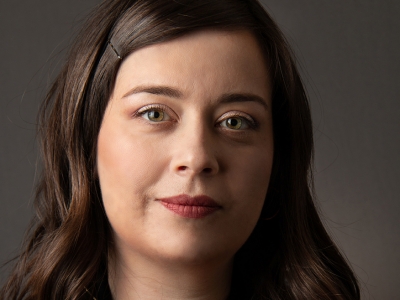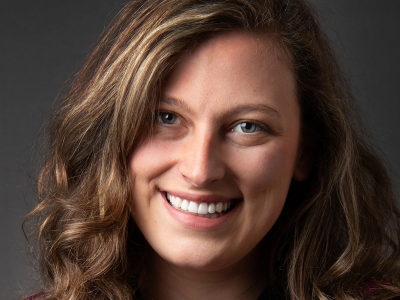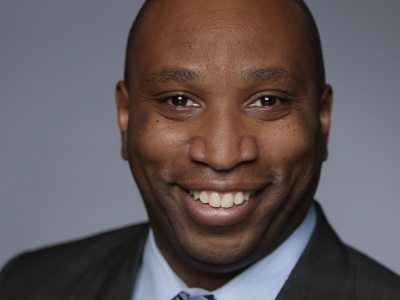This profile was part of the Faculty of Public and Global Affairs’ 75 for the 75th series, which highlighted 75 notable alumni in FPA in honour of Carleton University’s 75th anniversary. These stories were published in 2016 and 2017.
Global CEO, Ipsos Public Affairs
PhD, Political Science (‘89)

As CEO of one of the largest public affairs research firms in the world, Darrell Bricker often finds himself sitting at a boardroom table delivering unwelcome news to a political leader or a corporate chief.
Their response? “First, stunned silence. Then they tell me I’m wrong,” says Dr. Bricker evenly.
He takes no offense as he quietly shows them the numbers.
“That’s why I love data—it settles every argument,” says Bricker. “I’m just an observer who takes the information that’s there, interprets it and tells a story.”
In a world of politicos, myth makers and true believers, Dr. Bricker is often alone in his adherence to the data. But his knowledge of quantitative analysis, which was forged as a doctoral student in Carleton’s Department of Political Science, has enabled him to become one of the country’s most trusted advisors in both politics and the corporate world.
Dr. Bricker has worked with fellow Carleton alumni and prominent pollsters Allan Gregg and Angus Reid and also served as Director of Public Opinion Research in the Office of the Prime Minister under Brian Mulroney. Today, he is Global CEO for Ipsos Public Affairs in Toronto, which specializes in corporate reputation research, as well as social research and political polling.
But what Dr. Bricker may be best known for is telling Canadians (and their leaders) the truth about who they are—often before they are ready to hear it.
“The Canada we know today is not the Canada we think it is,” contends Dr. Bricker, who wrote five best-selling books on the subject, including The Big Shift: The Seismic Change in Canadian Politics, Business, and Culture and What it Means for Our Future.
“We have a lot of misconceptions, such as our belief in the Great White North and the land of pond hockey. That’s the Canada of 1975.” He says the Canada of today is much more centralized and diverse than it used to be and that shakes up all kinds of assumptions.
Of course, that’s not what many people want to hear. But Dr. Bricker always returns to what can be quantified, a characteristic he learned in a Loeb Building computer lab, poring over reams of data.
“[Political Science Professor] Scott Bennett and I were kindred spirits, both interested in quantitative analysis, which was very unfashionable at the time,” recalls Dr. Bricker. “But I use the critical thinking skills I learned from Scott and others at Carleton every day.”
For young people studying public affairs today, Dr. Bricker advises them to sharpen three skill sets in particular: critical thinking, writing and quantitative analysis: “People who are good at all three are very hard to find. Those skills never go out of style.”
Dr. Bricker adds that this learning can only be found at a university, and when it comes to his field, Carleton stands out.
“The combination of being in the National Capital, the expertise within the Faculty and the access to everything in Ottawa makes Carleton a natural place to study public affairs. It enabled me to get to where I am today.”
Tuesday, March 1, 2016 in #FPA75, Career Paths, Department of Political Science
Share: Twitter, Facebook



